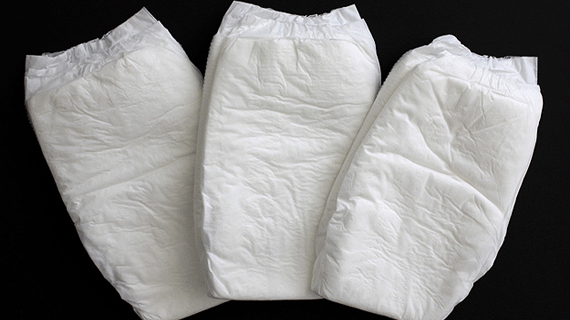
BULAWAYO City Council Ward 1 councillor Mlandu Ncube has proposed a total ban on the sale of diapers in the city saying the disposable nappies not only caused too much litter, but posed a health hazard. Under council by-laws, it is a punishable offence to dump litter or garbage at undesignated places.
NQOBILE BHEBHE CHIEF REPORTER
Bulawayo was once considered the cleanest city in Zimbabwe, but the local authority has been battling to maintain constant refuse collection and the situation is further compounded by rampant illegal dumping. During a full council meeting on Wednesday, Ncube suggested that a ban on the sale of diapers could vastly aid council’s anti-littering drive.
Speaking in Ndebele before uncharacteristically switching to English, Ncube initially said shops selling diapers must carry posters informing customers on how to dispose of them after use.
“I have said this time and again your worship that litter is a huge problem in the city centre. Now we have the issue of diapers being disposed of randomly,” he said.
“Would it not be wise your worship to have those shops selling diapers having posters with instructions on how to dispose of them. “But if the worse comes to the worst, we should as council impose a ban on the sale of diapers in the city.
“This will force people to revert to traditional nappies and this could see Merlin reopening,” Ncube said drawing a roar of laughter from fellow councillors and people in the packed gallery.
Merlin was placed under provisional judicial management for the third time in December 2011 since establishment in 1954 after failing to address working capital constraints and labour challenges. In most suburbs, used diapers are strewn all over posing a health risk, particularly during the rainy season.
- Chamisa under fire over US$120K donation
- Mavhunga puts DeMbare into Chibuku quarterfinals
- Pension funds bet on Cabora Bassa oilfields
- Councils defy govt fire tender directive
Keep Reading
Decomposing garbage and other solid waste can provide food and habitat for rodents and disease vectors which can cause a serious health hazard to the public.










